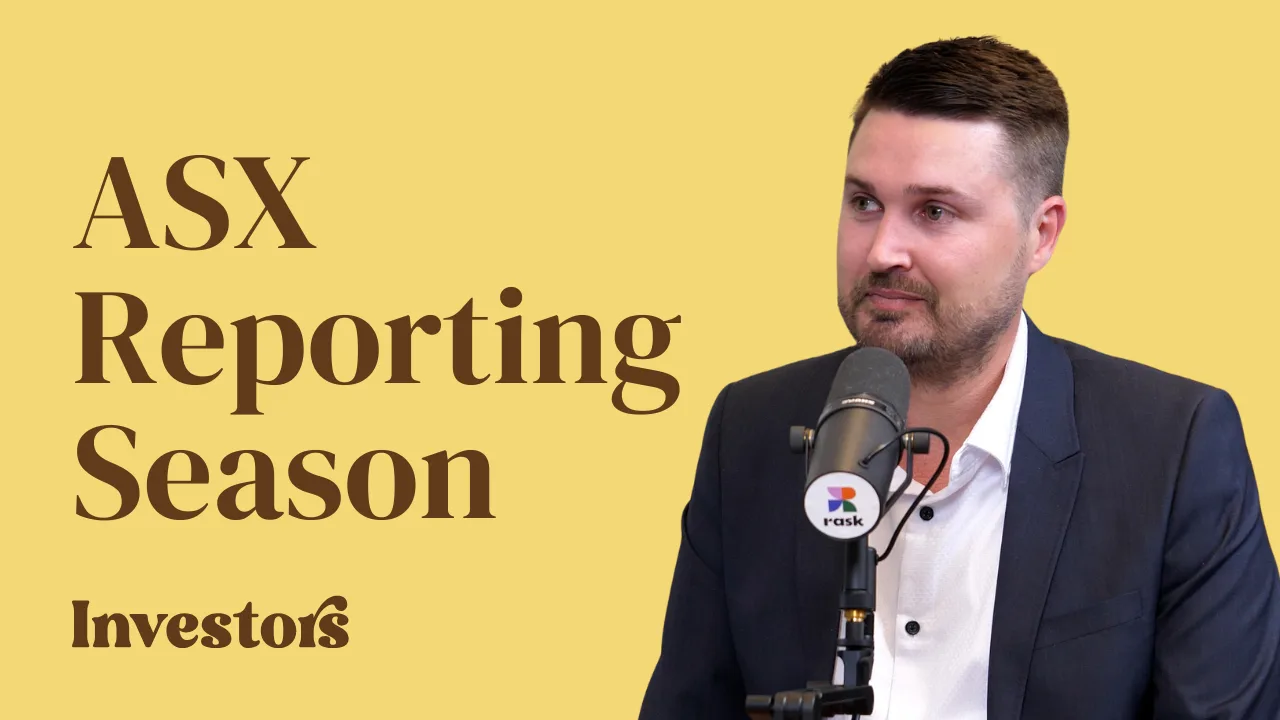Healthcare has obviously been one of the main talking points of 2020. The iShares Global Healthcare ETF (ASX: IXJ) is one way to get exposure to this growing sector, so what’s actually in it?
Sector ETFs
Firstly, the IXJ ETF is a sector ETF. Sector ETFs focus on one of the Global Industry Classification Standard (GICS) sectors.
There are 11 GICS sectors and many smaller industries and sub-industries within these sectors. Some of the sectors include financials, energy, information technology, and healthcare.
Every listed company is categorised into one of the sectors. Therefore, a sector ETF will invest only in companies in a certain category.
Unpacking the iShares Global Healthcare ETF
The iShares Global Healthcare ETF invests in more than 100 healthcare companies around the world. These companies are involved in things like pharmaceuticals, biotechnology and the supply of medical equipment. As of July 2020, some of IXJ’s top holdings include Johnson & Johnson
, Novartis, Pfizer, and UnitedHealth Group.
Around 70% of the ETF is made up of US-based companies, but there is also exposure to Switzerland, Japan, the UK, Denmark, Germany, and others.
The healthcare sector has a number of tailwinds at its back. Globally, we have a growing and ageing population that will start to require greater amounts of care. The sector is also experiencing rapid growth in the use of technology to handle administrative tasks and data analysis, which makes the industry more efficient.
Looking to performance, the IXJ ETF has a long track record and has delivered growth of 15.97% per year over the last 10 years (although this is not indicative of future performance).
Fees & risks
The IXJ ETF charges a management fee of 0.47% per year. In terms of risks, the most obvious risk is the lack of diversification. While IXJ holds companies across several sub-sectors, they are all within the healthcare sector and will typically demonstrate a high correlation to each other.
Sector ETFs may be more suitable as a ‘satellite’ holding rather than a core holding; a small portion of your overall portfolio which is allocated to high-conviction and high-growth ideas.
Another risk is the price of the healthcare companies within the portfolio. Using the iShares S&P 500 ETF (ASX: IVV) as a comparison, IVV has a P/E ratio of 21.9 compared to 26 for IXJ. The healthcare ETF also has a higher price-to-book ratio.
This suggests that, in general, healthcare companies are priced more optimistically than the overall market which could limit future share price growth.
To read more about IXJ, check out our free report here.
And if you’re interested in investing in ETFs but aren’t sure where to start, our free Beginner’s ETF Investing Course is a great way to get up to speed.
[ls_content_block id=”14947″ para=”paragraphs”]












